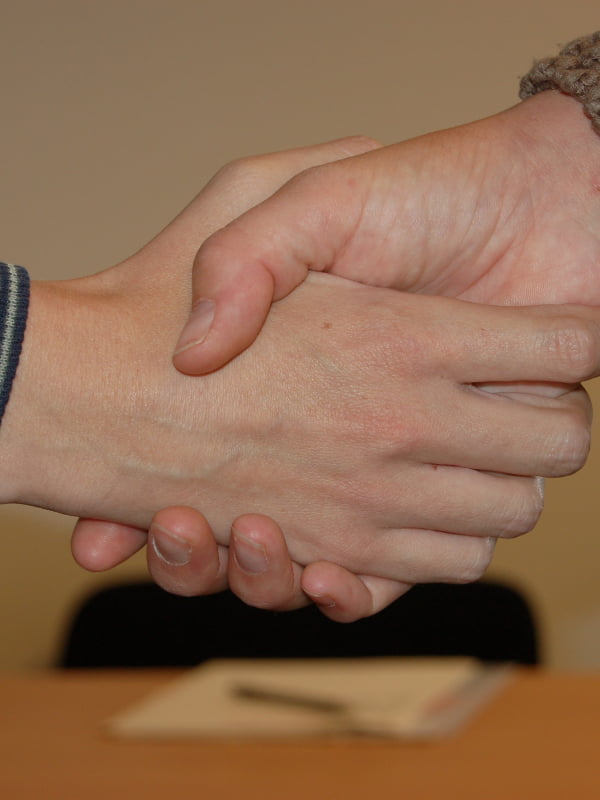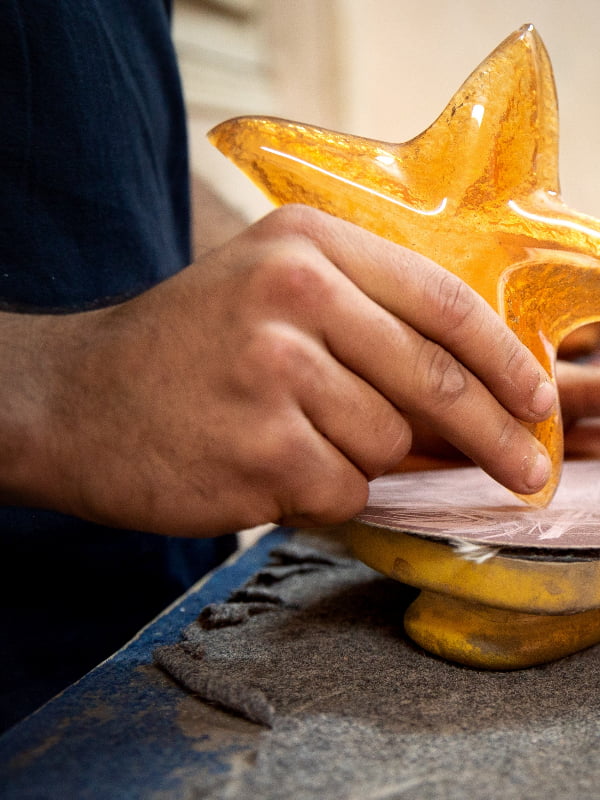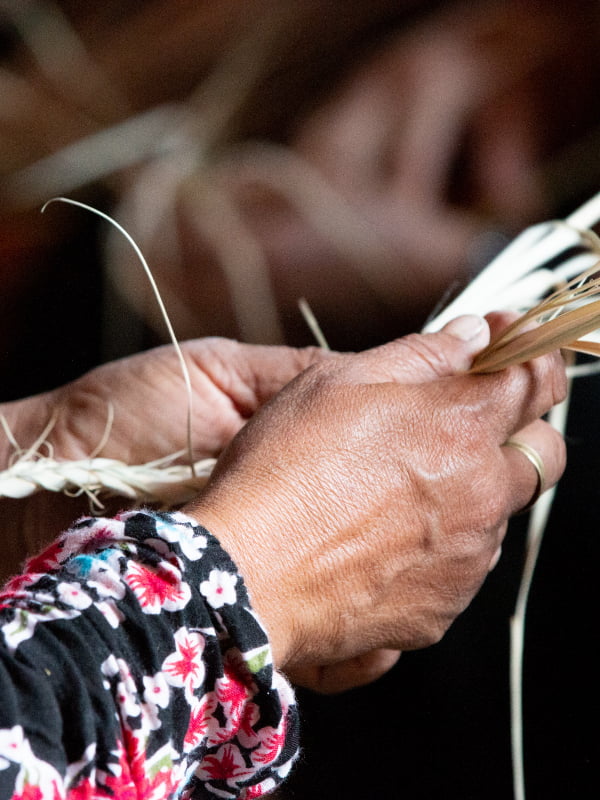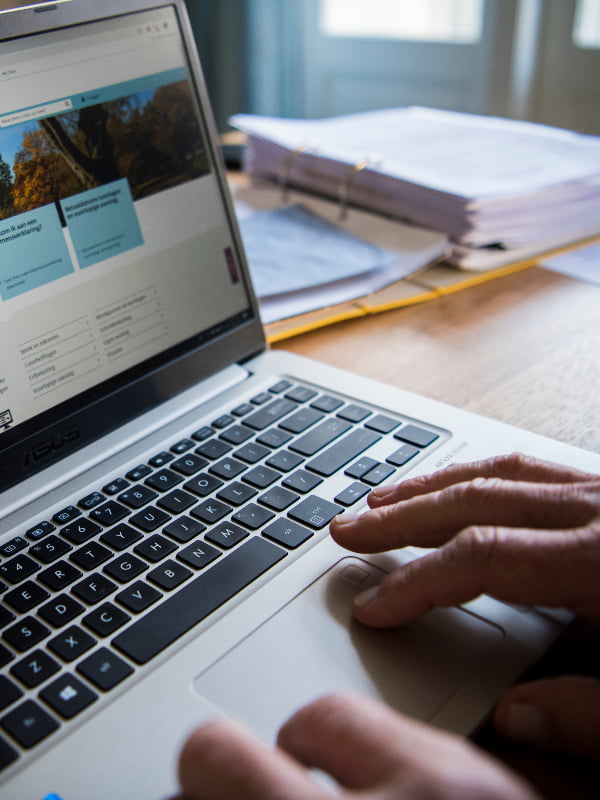SDG 7 Results: Access to renewable energy
This facility is closed. You can no longer apply for a subsidy.
SDG 7 Results contributes to access to sustainable energy for households in low and middle-income countries. This programme uses results-based financing. This means that SDG 7 Results only provides subsidies once projects have achieved the agreed results. We base the subsidies on the number of people who have gained access to renewable energy technologies and services.
Sustainable development goals
Together with the Ministry of Foreign Affairs, we use the SDG 7 Results programme to contribute to the sustainable development goals. SDG 7 Results contributes to:

- SDG 1: no poverty
- SDG 3: good health and well-being
- SDG 5: gender equality
- SDG 7: affordable and clean energy
- SDG 8: decent work and economic growth
- SDG 10: reduced inequalities
- SDG 13: climate action.
Results
SDG 7 Results has provided over 3 million people in developing countries with access to renewable energy. SDG 7 Results projects contribute to:
- access to electricity in homes;
- access to clean cooking in homes.
And:
- low-carbon climate-resilient development;
- less gender inequality;
- private sector development and employment, and
- private investments in the renewable energy sector.
Budget
The available budget for the tender round in 2022 was €8 million. Subsidies were at least €250,000 and at most €2.5 million per project.
Responsible Business Conduct (RBC)
Your project must follow the international Responsible Business Conduct (RBC) guidelines. We take RBC into account when assessing your funding application. We ask you to:
- follow OECD guidelines;
- show how you conduct your operations following these OECD guidelines;
- carry out a proper risk analysis of social and environmental risks;
- state the measures to prevent and reduce these risks.
During the project, you must report on RBC risks and state the measures you are taking or plan to take to prevent and reduce these risks.
Dutch companies must complete an RBC self-assessment as part of the application process. The Dutch government uses this scan to check whether a company is aware of and follows the OECD guidelines. This assessment is a requirement for approval of your project.
On our website, you can read more about RBC and due diligence.
SEAH conditions
To be eligible for subsidies, SEAH conditions apply. RVO expects you to have your own integrity policy as well as procedures to implement this policy. In addition, you are required to report any incidents of (sexual) misconduct or abuse of power during RVO-funded projects. For further details, please visit Sexual misconduct and abuse of power | RVO.nl.
Programmes and projects
Through SDG 7 Results, the Netherlands Enterprise Agency carries out 26 projects in 9 countries.
See the Development Cooperation Projects database for all SDG 7 Results projects that have started since 2020. This portal offers an overview of all official development aid (ODA) projects and programmes the Netherlands Enterprise Agency carries out. You can refine your search using filter options such as country, sector and programme.
In practice
Read our SDG 7 Results user stories and watch these videos to get inspired.
Project Management
If we have approved your subsidy application and you are carrying out your project, please use our webform to notify us of any changes. If you plan to make important changes to the project, you need our approval before you make these changes. You must report the following changes as soon as possible:
- Administrative changes
- Organisational changes
- Financial changes
- Project region changes
- Target group changes
- Product changes.
Results payment
- You will receive a payment after your organisation has achieved the measurable results agreed upon in advance. We will look at the number of households that now have access to renewable energy services as a result of your project activities.
- You can submit claims while carrying out your project. An independent party verifies the results before payment. Their input helps us decide on the payment.
- Applicants have some flexibility in how they achieve their results.
Calculation
If we approve your SDG 7 Results project, the amount of subsidy you will receive depends on the bid you made to the Netherlands Enterprise Agency. For example,
| Bid | €25 |
| Connections | 10,000 |
| Project costs | €1000,000 |
| Max percentage | 35 |
If you bid €25 per connection per product and you offered 10,000 connections, the requested subsidy is then €25 x 10,000 = €250,000. This amount is lower than the maximum subsidy percentage of 35% of the project costs, €350,000. If we approve your project, you will receive the requested subsidy of €250,000.
If we find out that your project costs multiplied by the subsidy percentage equal an amount lower than the subsidy you have received, we may ask for some of the subsidy back.
Have you asked for more than the maximum subsidy percentage?
You will not receive a subsidy if you have asked for more than 35% of the project costs. For example,
| Bid | €25 |
| Connections | 20,000 |
| Project costs | €1000,000 |
| Requested subsidy | €25 x 20,000 = €500,000 |
The requested subsidy of €500,000 is higher than the maximum subsidy, 35% of the €1000,000 project costs = €350,000, therefore you will not receive a subsidy.
Eligible project costs
Eligible costs are necessary project costs for activities in the target market. These include:
- Depreciation costs on investments. For example, depreciation on the construction costs of extra storage space/shops or on vehicles bought for the activities.
And other costs such as:
- Wages;
- Freight costs from the supplier to the seller;
- Transport costs;
- Storage costs;
- Quality control costs; and
- Travel and accommodation costs.
Costs that are not eligible for a subsidy include:
- Developing your application and applying for the subsidy;
- Other costs made before you submitted your subsidy application;
- Inflation and changes to the exchange rate;
- Turnover tax or other types of tax;
- Accountant costs; and
- Representation costs.
Finalising your project
To finalise your project, you must complete and submit the documents listed below. Please request these documents by sending an email to sdg7results@rvo.nl. Include 'finalising my project' and your project reference number in the subject line of your email.
Project reference numbers starting with SDG719
- SDG 7 Results Subsidy Determination Form
- Audit Report (please follow Audit Protocol Tender 1)
- Addition Target Market Realisation (Excel)
Project reference numbers starting with SDG721
- SDG 7 Results Subsidy Determination Form
- Audit Report (please follow Audit Protocol Tender 2)
- Annex B Audit Protocol (Excel)
Please submit completed documents to sdg7results@rvo.nl. Once we have received these documents, we will assess them and inform you of your final subsidy amount within 13 weeks.
Law and regulations
The Ministry of Foreign Affairs and the Netherlands Enterprise Agency set up the SDG 7 Results programme. Learn more about the administrative rules in the Government Gazette publications.
- Ministry of Foreign Affairs



